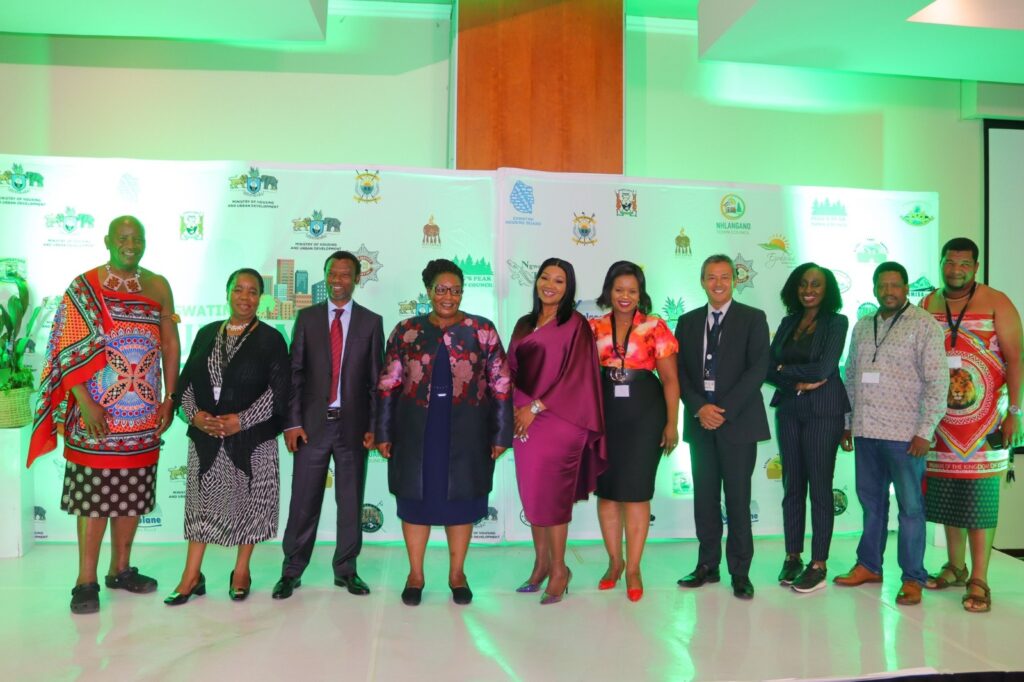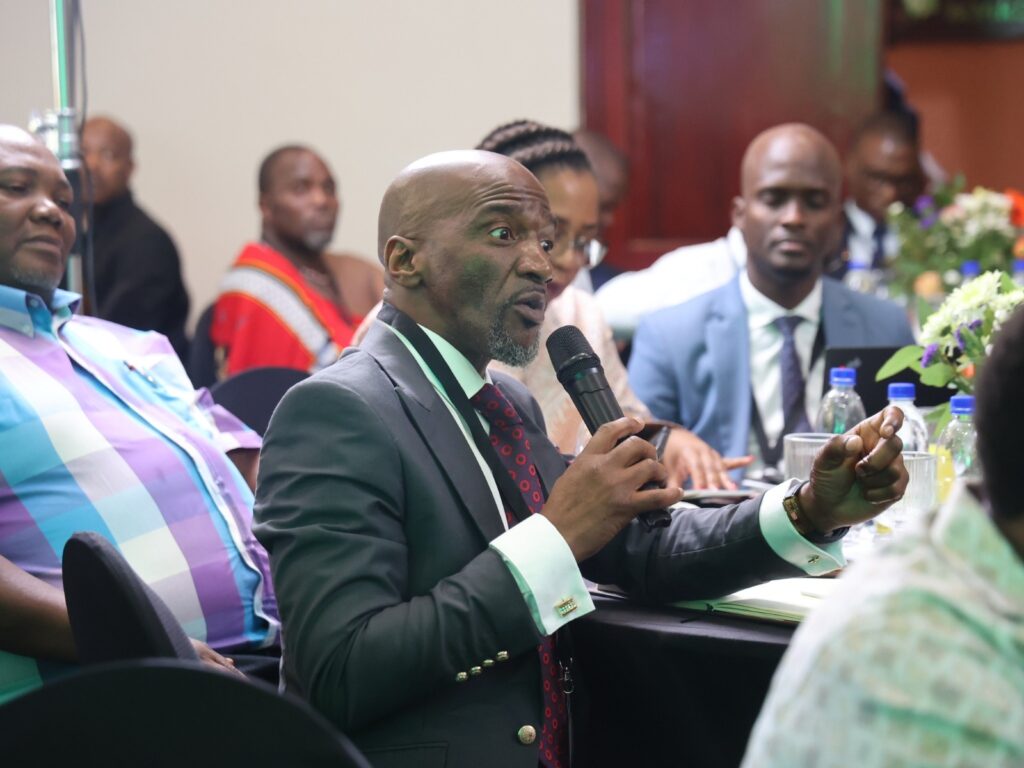
By Phiwa Sikhondze
Manzini Municipal Council CEO, Lungile Dlamini, has raised critical concerns over Eswatini’s lack of disaster preparedness, stating that limited resources and outdated infrastructure leave urban areas highly vulnerable to climate-related natural disasters.
Dlamini’s address at the Eswatini National Urban Forum highlighted the need for a national strategy to address these gaps, emphasizing that urgent action is needed to safeguard urban communities from severe environmental impacts.
Dlamini pointed to recent weather anomalies as warnings of what’s to come if cities like Manzini are not better equipped for environmental crises. She argued that the recent disruptions serve as a stark reminder of Eswatini’s vulnerability to climate change and called for greater government involvement in creating disaster management and climate resilience initiatives.
The CEO stressed that enhancing climate resilience requires not only local efforts but also substantial national and international support. She explained that Manzini’s funding model relies heavily on property rates and local taxes, which cover only about 80% of the city’s budget. This dependency limits the council’s capacity to address large-scale environmental challenges, underlining the need for more government grants and partnerships to finance necessary improvements in urban infrastructure and disaster preparedness.
“Eswatini’s urban areas are facing unprecedented threats from climate change, yet we lack a robust disaster management initiative supported by our national government,” Dlamini stated. “Without proper funding and coordination, we’re leaving our communities vulnerable to potential crises that could be mitigated with adequate planning and investment.”
Additionally, Dlamini voiced concerns about urbanization practices that might worsen climate risks, such as removing trees to make way for tarmac and concrete developments. She cautioned that while modernization is essential, without incorporating green initiatives, these efforts could create unlivable urban environments due to increased temperatures and poor air quality.

“We’re aiming to modernize, but without green initiatives, this modernization is unsustainable,” she noted, suggesting that without more climate-sensitive planning, urban areas could become unlivable due to rising temperatures and poor air quality.
In closing, Dlamini called for stronger collaboration among municipal councils, the national government, and international partners to build a disaster-resilient Eswatini.
“To secure the future of our urban areas, we need to prioritize resilience, sustainability, and preparedness,” she stated.
